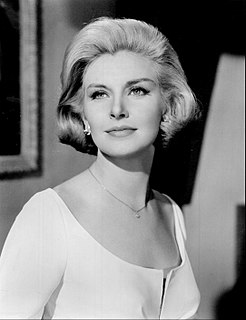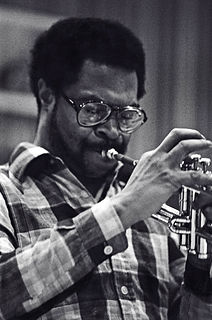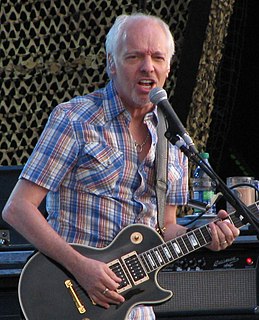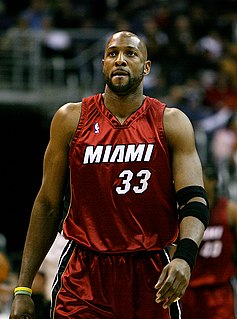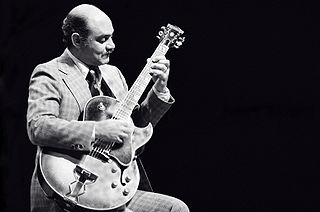A Quote by Elisabeth Rohm
You've got to clock the hours and pay your dues. Then eventually, people will come to you. You have to be patient and appreciative.
Quote Topics
Related Quotes
In order for a musician to grow, he's got to pay his dues. Some musicians ask me, 'well, what do you mean? You're saying I have to 'starve' and pay all these dues just to play jazz?' And my answer to them is, well, to some degree, yes! Because in order to play jazz you have to live it. Those notes mean something. They don't just come from your brain, they come from your heart and soul too. And in order to have that heart and soul you have to experience life. So I relate my music to my life and my life style. You can't separate the two.
When people are not in a prison cell they believe they are free and happy. That's not true. Because in Istanbul, the modern person wakes up at 5 o'clock or 6 o'clock in the morning, gets on the bus for two hours to get to work, works at least ten hours, sometimes twelve or fourteen, then comes back home, just to make some money to pay for rent and food. That's not a human being's life. That's the life of a worm in the earth. That's the life of an insect.
Our life is made up of time; our days are measured in hours, our pay measured by those hours, our knowledge is measured by years. We grab a few quick minutes in our busy day to have a coffee break. We rush back to our desks, we watch the clock, we live by appointments. And yet your time eventually runs out and you wonder in your heart of hearts if those seconds, minutes, hours, days, weeks, months, years and decades were being spent the best way they possibly could. In other words, if you could change anything, would you?
How do you capture the drama of a Rembrandt painting in a movie? How do you feel that moment that they captured in two hours? I kind of fell into it and at one point, I decided I wanted to live an art life; I wanted to tell stories. I came to New York, and did what most people do - you become a PA and run and get coffee and pay your dues and learn until your opportunity comes.
You may seek companionship and warmth, for example, but if your unconscious intention is to keep people at a distance, the experiences of separation and pain will surface again and again until you come to understand that you, yourself, are creating them. Eventually, you will choose to create harmony and love. You will choose to draw to you the highest-frequency currents that each situation has to offer. Eventually, you will come to understanding that love heals everything, and love is all there is.
I grew up playing the guitar. I started when I was nine, and by the time I was nine and a half or ten, I was doing seven or eight hours' practice every day. I did two hours' practice at six o'clock in the morning before I went to school, and another two hours as soon as I got home from school in the afternoon. Then I did four hours at night before I went to bed. I did that until I was fourteen or fifteen.

